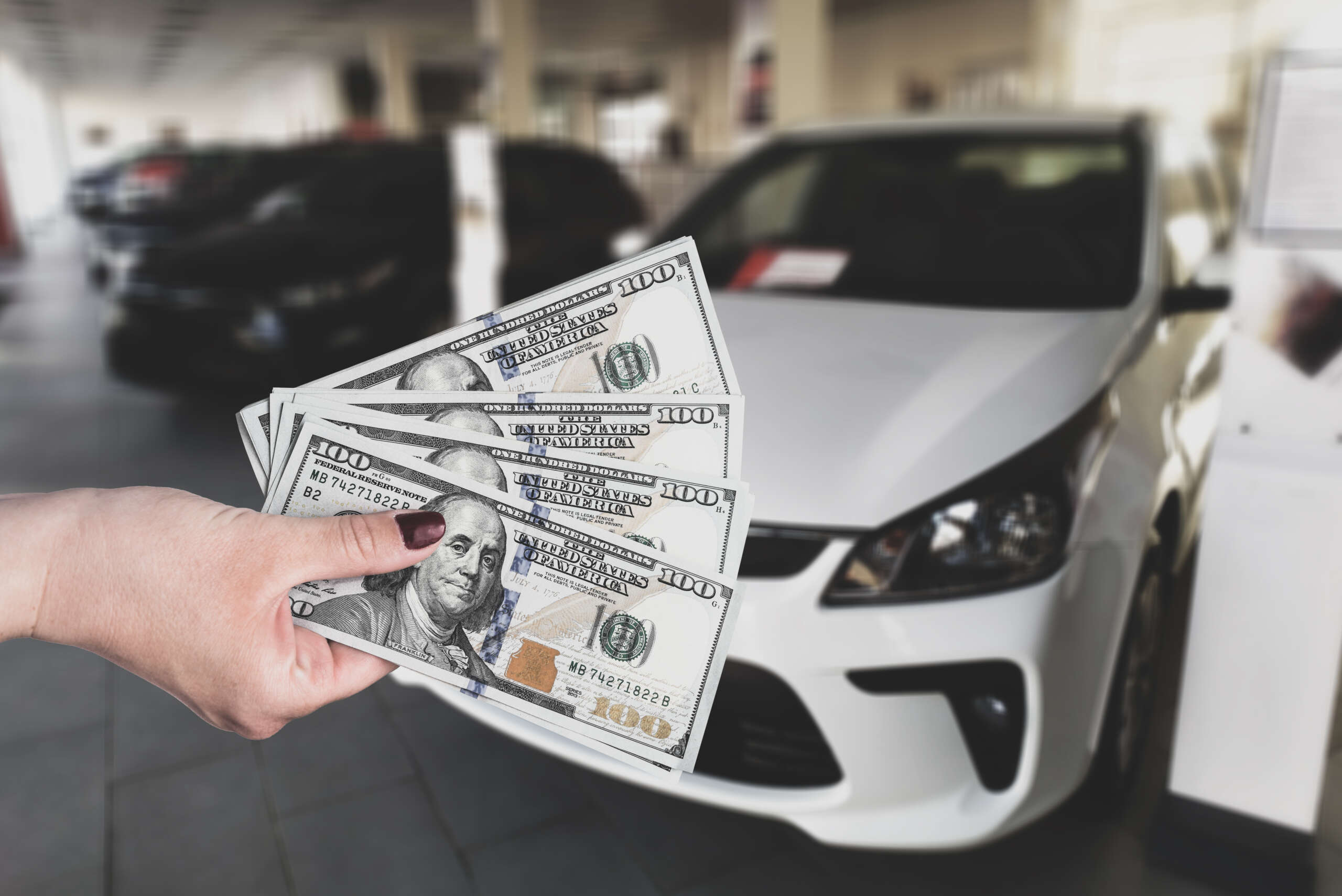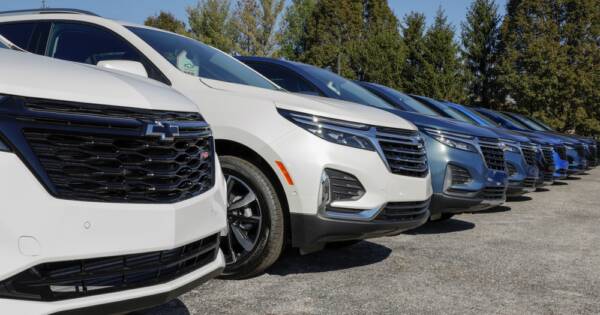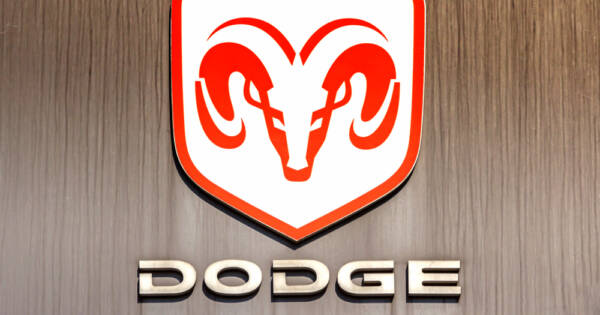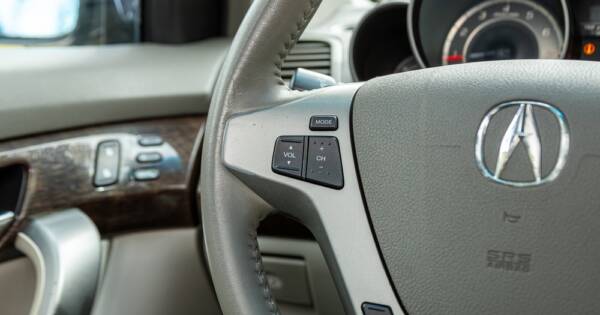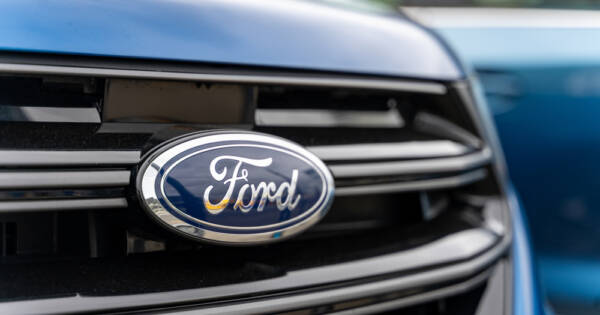- Conducting plenty of research is crucial for getting an affordable new car.
- There are some tips that can help you navigate negotiations with car dealerships.
- Selling your previous car privately can be more lucrative than trading it in.
Buying a new car should be something you take plenty of time to consider. It’s a major purchase, so make sure you put major effort into your buying process. While it can be challenging, the reward of getting a great deal on a shiny new model makes it worthwhile.
When shopping for a new car, it’s crucial that you make every effort to get the best deal. There are plenty of ways you can bypass a dealerships’ upselling tactics and secure the best possible price.
In this article, you’ll learn nine tips to help you save money when buying a new car – plus some advice on maximizing the value of your outgoing vehicle.
1. Consider Whether You Really Need a Brand New Car
First off, decide whether a brand new car is truly something you need. While it’s certainly possible to get a good deal on a new automobile, it’s never going to be cheaper than opting for a slightly used model. New cars are in high demand and can command hefty prices due to prestige, low maintenance costs, and extended warranties.
Buying a car that’s been on the road for a year or two already can save you a considerable amount of money. Many new cars lose half their value by the three-year mark. Some even drop to a fifth of their value after 36 months.
 Shutterstock
Shutterstock2. Buy At The Right Time
If your mind is set on a new car, that’s fine. There’s something satisfying about being the very first owner of a vehicle with less than 50 miles on it. However, when you buy is important. Dealerships have certain performance goals and targets to meet, which are usually grounded in monthly (or quarterly) sales.
It might be easier to negotiate a lower price at the end of March, June, September, or December. Try to conduct in-person negotiations during slower times, such as weekday mornings. Dealerships are usually especially packed on weekends or the first week of the month, right after plenty of people just got paid.
Picking the right time to buy can help you convince a salesperson to offer you a lower price. Not only is there less foot traffic to distract them, but they may secretly really need your sale to hit their goals.
 Shutterstock
Shutterstock3. Discover Which Cars Hold Value Over Time
In addition to knowing the best time to snag a deal, try to brush up on which models hold value over time. While it doesn’t necessarily impact your upfront cost, it’s an important consideration for a big-ticket purchase like a car. If you’re into buying new cars, you might want to resell it within a few years. That means you need to think about how much it’s going to depreciate over time.
Sports cars, trucks, and SUVs currently depreciate slowest, in general. On the other hand, luxury sedans and electric vehicles lose value the fastest. The exact models that hold the most value change on a regular basis, so be sure to check the latest comparisons on a reputable website.
 Shutterstock
ShutterstockHighest and Lowest Depreciation Rates
A low depreciation rate means your new car loses less value from the time you buy it. According to a study by iSeeCars, the the models autos enjoying the lowest depreciation rates between 2016 and 2021 were:
- Jeep Wrangler
- Jeep Wrangler Unlimited
- Porsche 911
- Toyota Tacoma
- Toyota Tundra
- Ford Mustang
- Chevrolet Corvette
- Dodge Challenger
- Toyota 4Runner
It’s also important to know which cars depreciate quickly, if this factor is relevant to you. The ten cars with the highest depreciation rates between 2016 and 2021 were:
- Nissan LEAF
- BMW i3
- BMW 7 Series
- Maserati Ghibli
- BMW X5
- Jaguar XF
- BMW 5 Series
- Audi A6
- Lincoln Navigator L
- Volvo S60
 Shutterstock
Shutterstock4. Learn What Type of Car Is Cheapest To Run
Another consideration when looking to save money on a new car is how expensive it is to keep on the road. Before you buy anything, you better have a good idea of what it will cost you every month in gas, insurance, and routine maintenance.
Some things that affect the cost of running a car are more obvious. For example, a smaller car is likely to cost less to buy and insure. Other factors might be more complicated, such as engine size. If you’re someone who likes to drive fast over long distances, a small engine might be less fuel-efficient.
Here are some things to keep in mind:
 Shutterstock
ShutterstockFeatures of Vehicles That Are Cheaper To Run
The following factors can have a significant impact on how much your vehicle costs on an ongoing basis:
- Consider choosing a car with a smaller engine. For example, a car with a 1.5-liter engine is cheaper upfront and burns less fuel than a 3.0-liter engine.
- Diesel cars might be more fuel-efficient than gasoline cars, but the car itself might be more expensive, and fuel may cost more at the gas station.
- Automatics make driving nice and simple, but opting for manual transmission might save you money at the dealership.
- With a hybrid or electric model, you might pay more upfront, but there are often tax breaks and fuel savings long-term.
- Certain models may cost more to insure, especially if they are more powerful, attractive to car thieves, or more expensive to repair in the case of an accident.
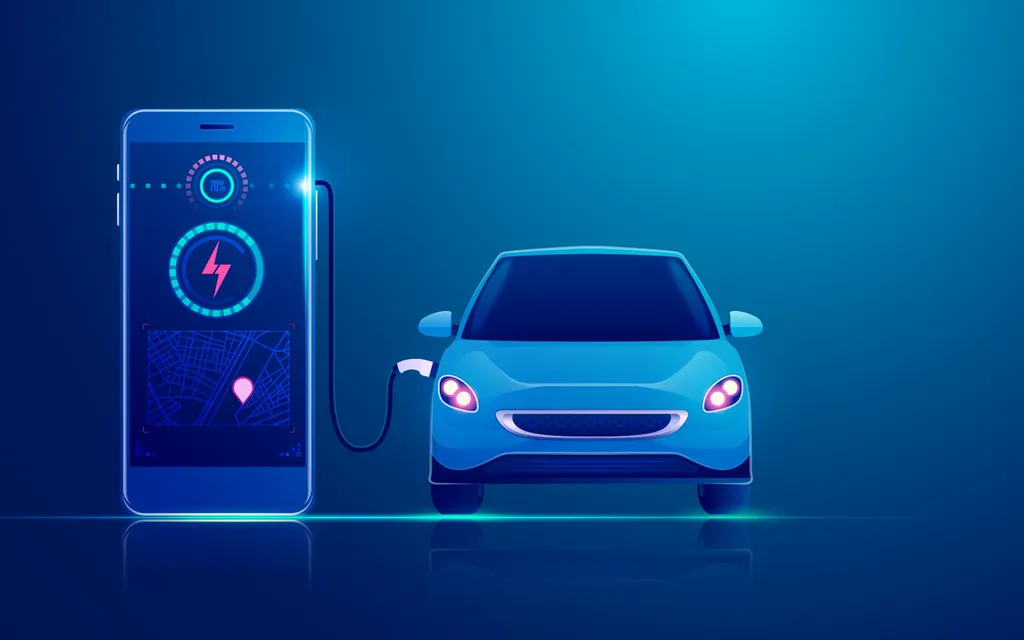 Shutterstock
Shutterstock5. Use The Internet Sales Department
When it comes to getting a great deal on a new vehicle, shopping online is often cheaper than showing up in person. It allows you to get a range of quotes without even leaving your home. You can still take that information to your local dealerships, showing them that you aren’t afraid to shop around.
If you can find comparable models advertised online for cheaper, a salesperson will be quicker to cut you a similar deal. Why go through tedious negotiations when you can simply say “match this price or I won’t buy it from you.”?
Get as many comparison prices as you can. Look for models with similar mileage and features. After that, you should have a good idea of what you’ll need to spend to get the vehicle you want. Go ahead and meet with any sellers on the lower end of the quotes.
Pro Tip: don’t tell them you have a better offer somewhere else, until you’re ready to buy. It could save you a bit of extra cash.
 Shutterstock
Shutterstock6. Learn How To Negotiate
While the thought of negotiating might be intimidating to some, it’s crucial for getting the best deal on a new car. Here are some tips to help you when bargaining with a car dealer:
- If a dealer tells you they don’t offer discounts, ask them to throw in a free add-on instead.
- Always overreach. Provided you do it with confidence and humor, you’re likely to get a result. Remember, the more you ask for, the more you’re likely to get.
- Always meticulously examine the car for scratches or dents. Even the tiniest defect can land you a discount.
 Shutterstock
ShutterstockHow To Conduct Yourself While Bargaining
It’s not just what you say during a negotiation that matters. The way you conduct yourself is equally important. The following points can help you maintain a confident and compelling demeanor:
- Be charming and polite, but make sure you come across as firm and knowledgeable. You’ll get the best result if the salesperson likes and respects you.
- Don’t be afraid of silence. Negotiators use silence to make buyers cave in, since people instinctively fill silences. Be sure not to simply fill in a gap in conversation by agreeing to a higher price.
- Never go with the first offer you get.
- Don’t be shy about walking away. Tell the dealer that you’ll “think about it” and leave your number. You may find the price has magically dropped in a week.
 Shutterstock
Shutterstock7. Pay Cash
Many people don’t have the option of buying in cash. If you do, however, you should. Car dealerships make hefty profits on financing options, with fees, interest rates, and loan terms stacking up to maximize their profits. If you’re agreeing to monthly payments, dealerships can make a good amount of money from you on an ongoing basis.
If you can’t pay cash, consider financing your car loan outside of the dealership. This gives you the chance to shop around for the best terms and rates, saving you money in the short- and long-term. Credit unions tend to provide the best deals on car loans, particularly if you already have a relationship with the lender.
Here’s another huge tip: don’t reveal how you’re paying for the car until a price is agreed on. Many dealers will try to massage the total price by discussing it in terms of what you can afford per month. Suddenly, you’ve agreed to a loan term that equates to $5,000 more than the car is worth.
Lock down the selling price first. After that, you can reveal how you plan to pay.
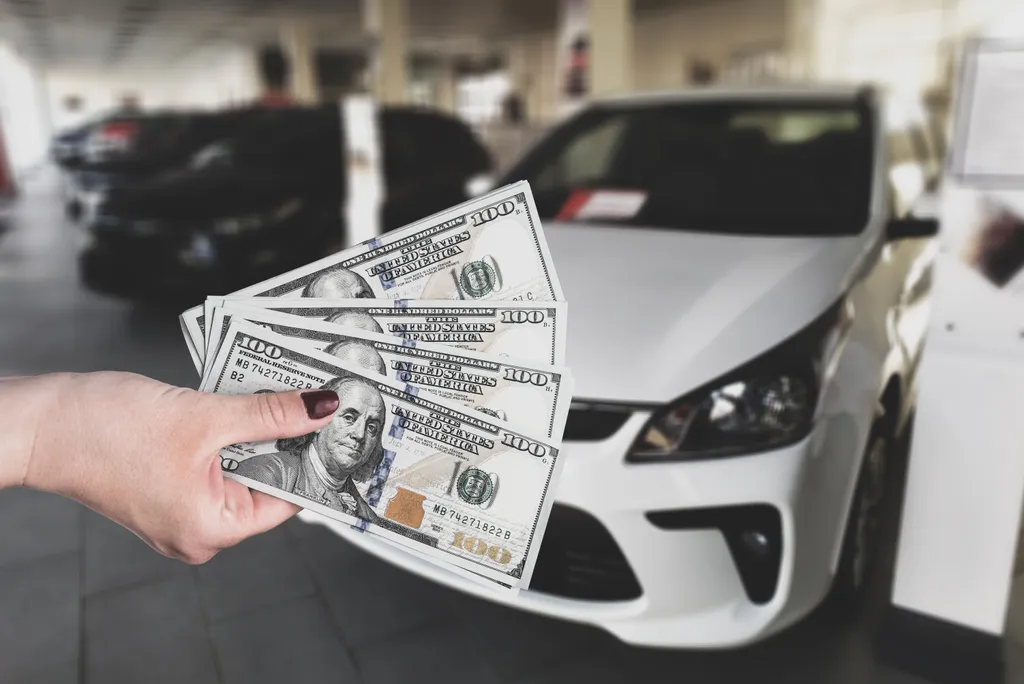 Shutterstock
Shutterstock8. Avoid Extras
You might think negotiations are complete once you’ve decided on a final price. However, beware of the final upsell: plenty of extras. Dealers will try to sell you plenty of extra features or services, which you may or may not want. They include:
- High beam assist
- Lane assist
- Adaptive cruise control
- Tire pressure warning
- Rain detector wipers
- Keyless entry and start
- High-tech infotaiment systems
- Heated seats
- Heated windshield
- Rust proofing
- Extended warranty
If you want to save as much money as possible, get an “out-the-door price” during your final negotiation and come back later. Write a check for the exact amount in advance and leave other forms of payment at home to refrain from the temptation of buying extras.
 Shutterstock
Shutterstock9. Choose Whether to Trade-in or Sell Privately
The final consideration is whether you trade in your old vehicle or sell it privately. Assuming you have one, that is. If you do, be sure to conduct extensive research on the value of your car. If you’re unsure of its value, you might miss out on a big chunk of cash.
You’re likely to get less for a trade-in. The dealership needs to make a profit when they resell your car, after all. You can enjoy those profits yourself if you’re willing to do a little legwork to get your car cleaned up, posted for sale, and meet with potential buyers. Your extra effort could be worth a few thousand extra dollars in your pocket.
 Shutterstock
Shutterstock